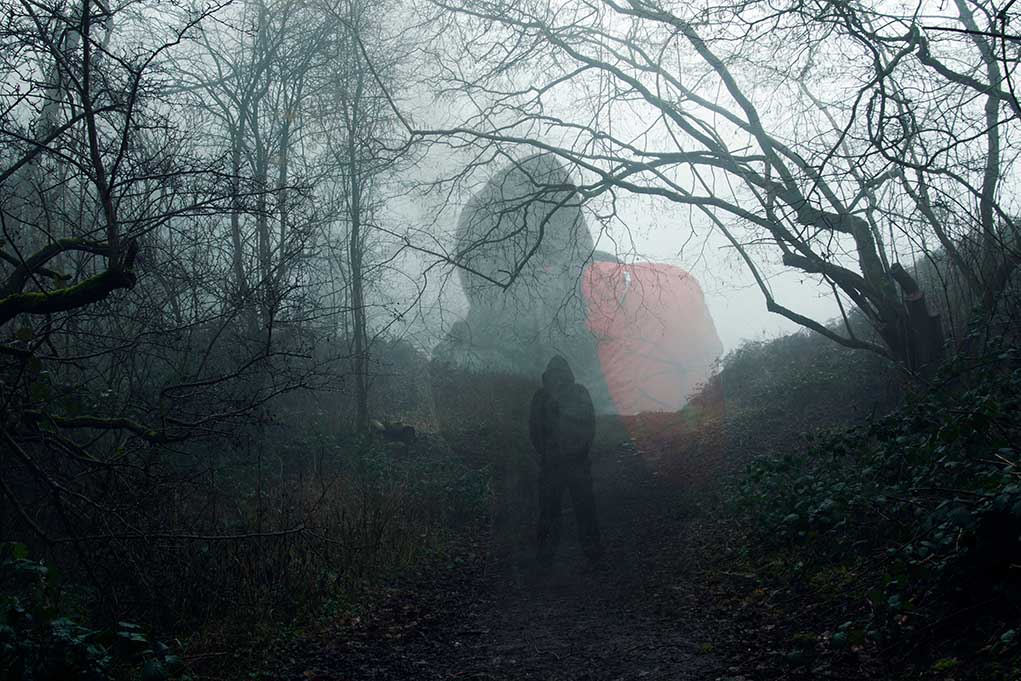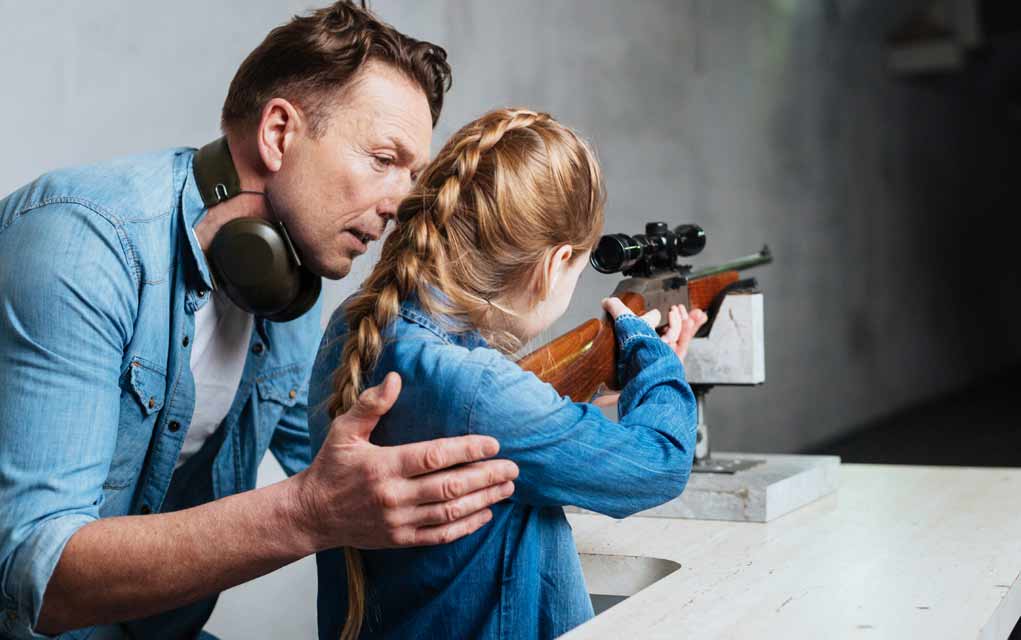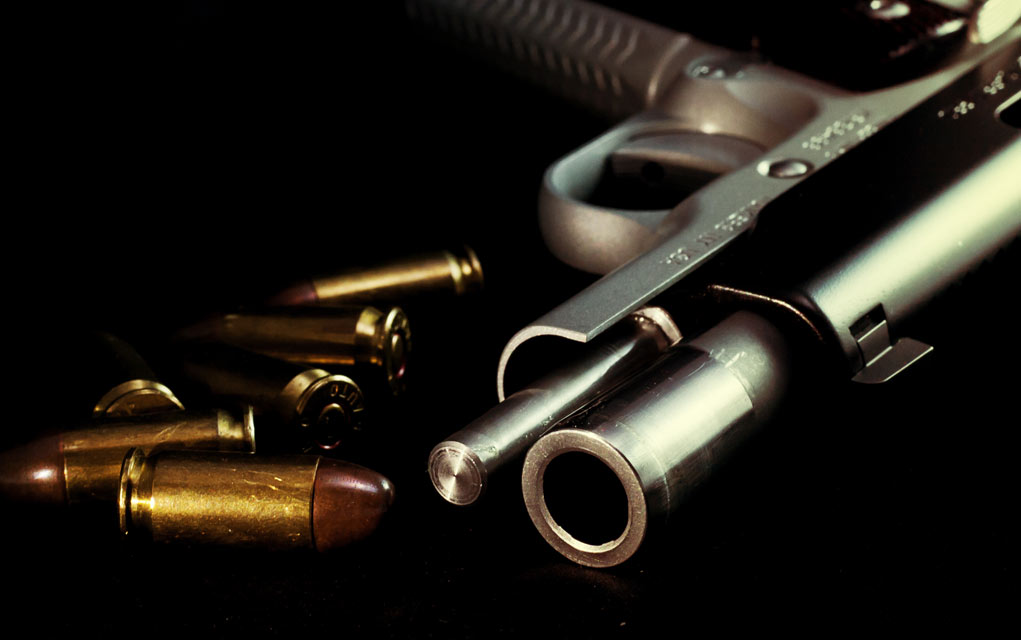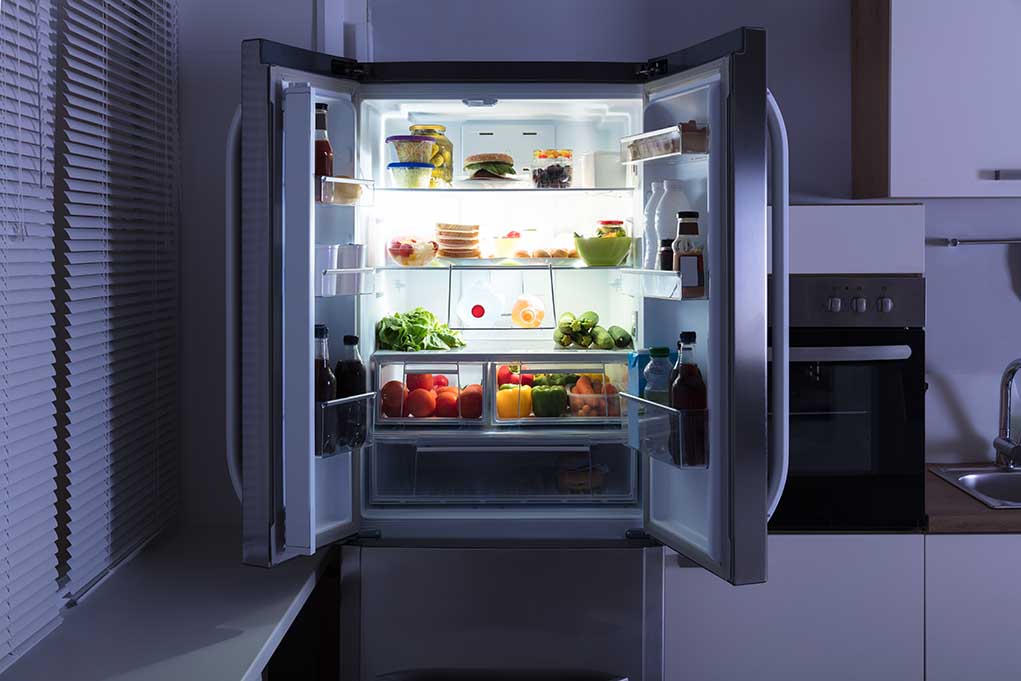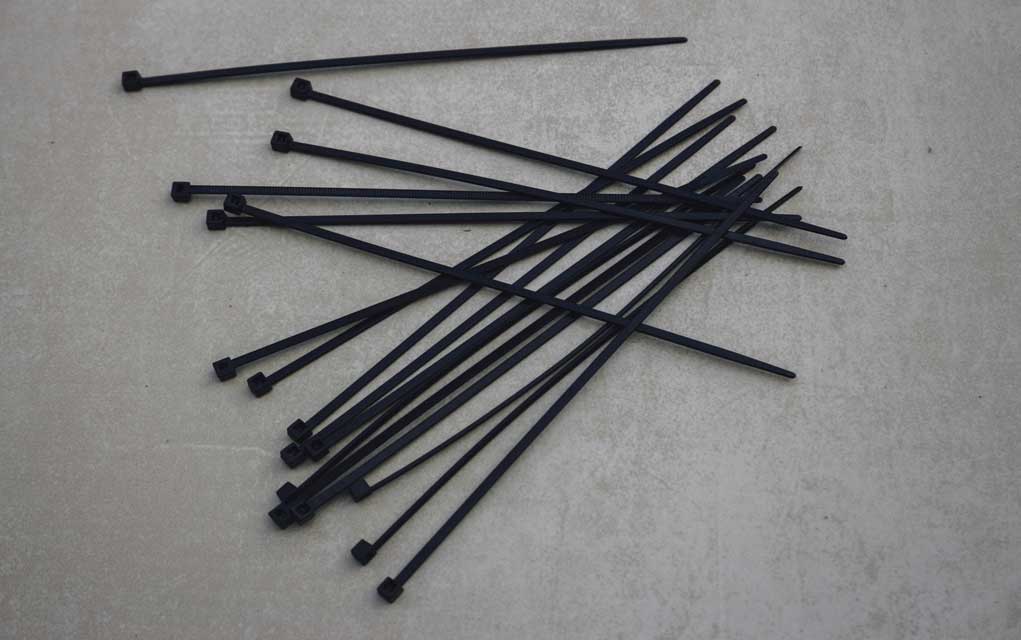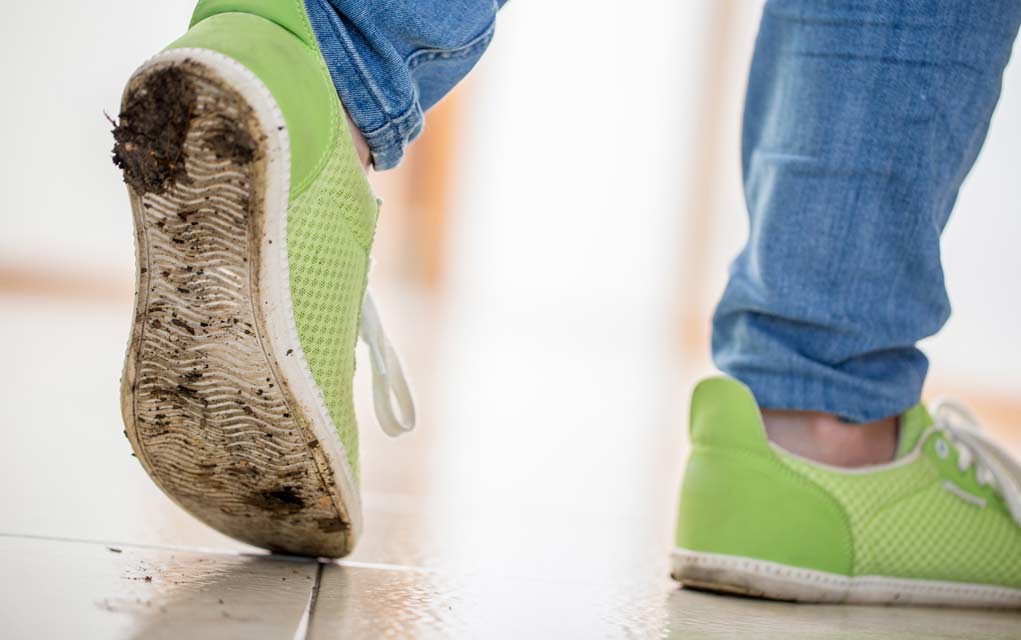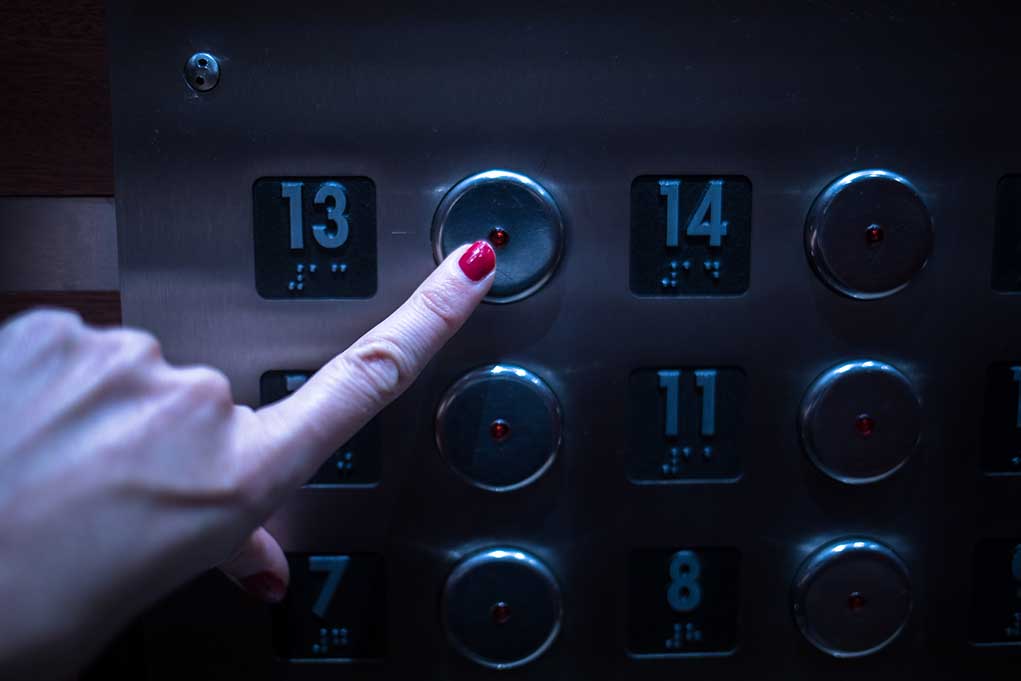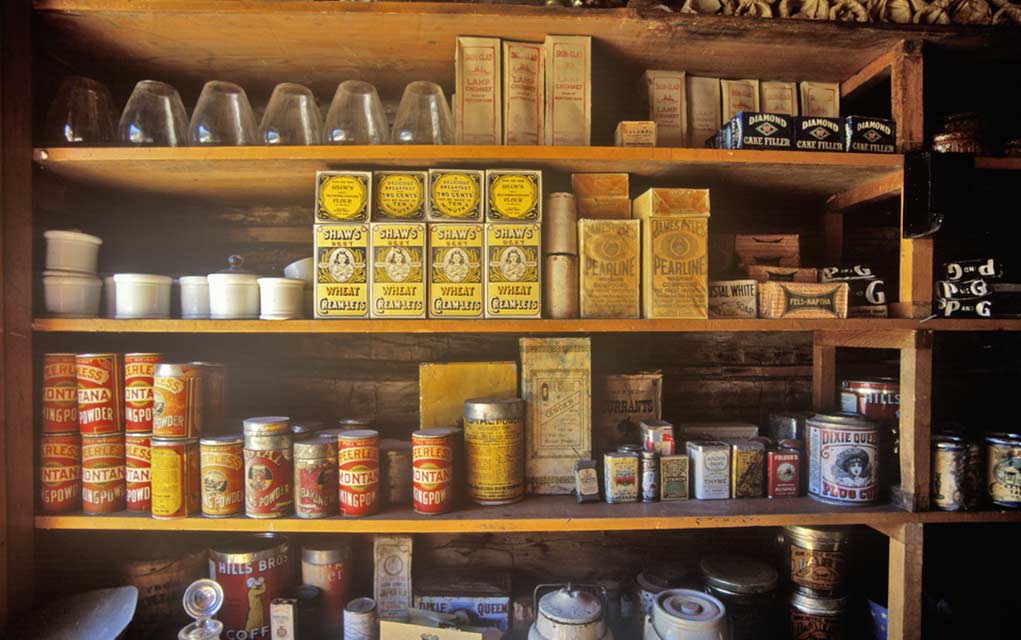(ModernSurvival.org) – What is the Best Method to Get the Most Out of Your Barter?
- Start High
- Start Low
- Be Friendly
- Be Firm
Answer: Start High. Here’s why…
To many people, the mere mention of the term “bartering” brings up ideas of an apocalyptic future where money is completely worthless. While it may be true that bartering would make a major comeback in such a situation, it is a mistake to overlook the usefulness of this skill here and now.
What is Bartering?
For those who may not know, bartering is the exchange of goods or services to receive other services or goods without the use of cash. For example, agreeing to mow a neighbor’s lawn in trade for fresh vegetables from their garden would be considered bartering. While this is a very basic example, it gets the point across.
Why is Bartering a Skill?
Anyone can agree to mow a lawn and get a few carrots and peas out of the deal. A person skilled in bartering, however, is the one who will get the most vegetables from their neighbor in exchange for the services rendered. So what are the keys to becoming a skilled barterer?
Learn How to Haggle
The goal is to get as much from the deal as possible without ripping off the other person. Being overly greedy might get the best deal, but could cost future bartering opportunities with the other party. Here are some tips to barter without getting hustled or taking advantage of someone:
Start High
Begin by asking for more than is really desired, but not so much as to be insulting or risk having the other person walk away. For one, this allows room to negotiate down to what is actually wanted. Second, the other party might not know how to haggle, or may even consider the original offer to be a good deal and accept.
Start Low
On the other end of this spectrum, start low with what is offered in exchange for the desired good or service. Again, not so low as to insult their intelligence, but low enough to allow some wiggle room when it’s time to haggle.
Know the Worth of What’s Being Bartered
Keep a keen eye on what is available and what is not when bartering. Supply and demand will play a major part in a successful barter. To go back to the example above, if the neighbor has an overabundance of squash, they will likely part with more of that vegetable in exchange for the mowing service than they would otherwise.
After a SHTF scenario, some items will become utterly worthless (such as electronics), while other items that once were junk will be priceless, such as a pile of scrap metal.
The more the other person needs what is being offered, the more they will be willing to part with in order to get it. A person dying from dehydration will give more to get water than a person who has a pond on their property.
Know the Dangers
Bartering with friends, family, and trusted neighbors may be a safe bet. However, some barters could be dangerous. Not everyone will go into a barter with the moral standing given to them. They may try to take advantage of the situation or even resort to violence to take what they want.
After SHTF, if a barter forces the revelation of hidden stores of supplies, the other party may come back with force to take the rest. In a post-collapse situation, a successful barter may attract more desperate people as well. Once it’s known someone has something that no one else does, people will come flocking looking for a handout or an easy target.
Bartering is a valuable skill that everyone should learn to develop. It is useful both in prepping and in everyday life.
A large part of bartering successfully is having the right skills or items to barter with. To see ten items that will be hot commodities after a major catastrophe, check out our article on tips for bartering in a collapsed world.
~Here’s to Your Survival!
Copyright 2023, ModernSurvival.org



